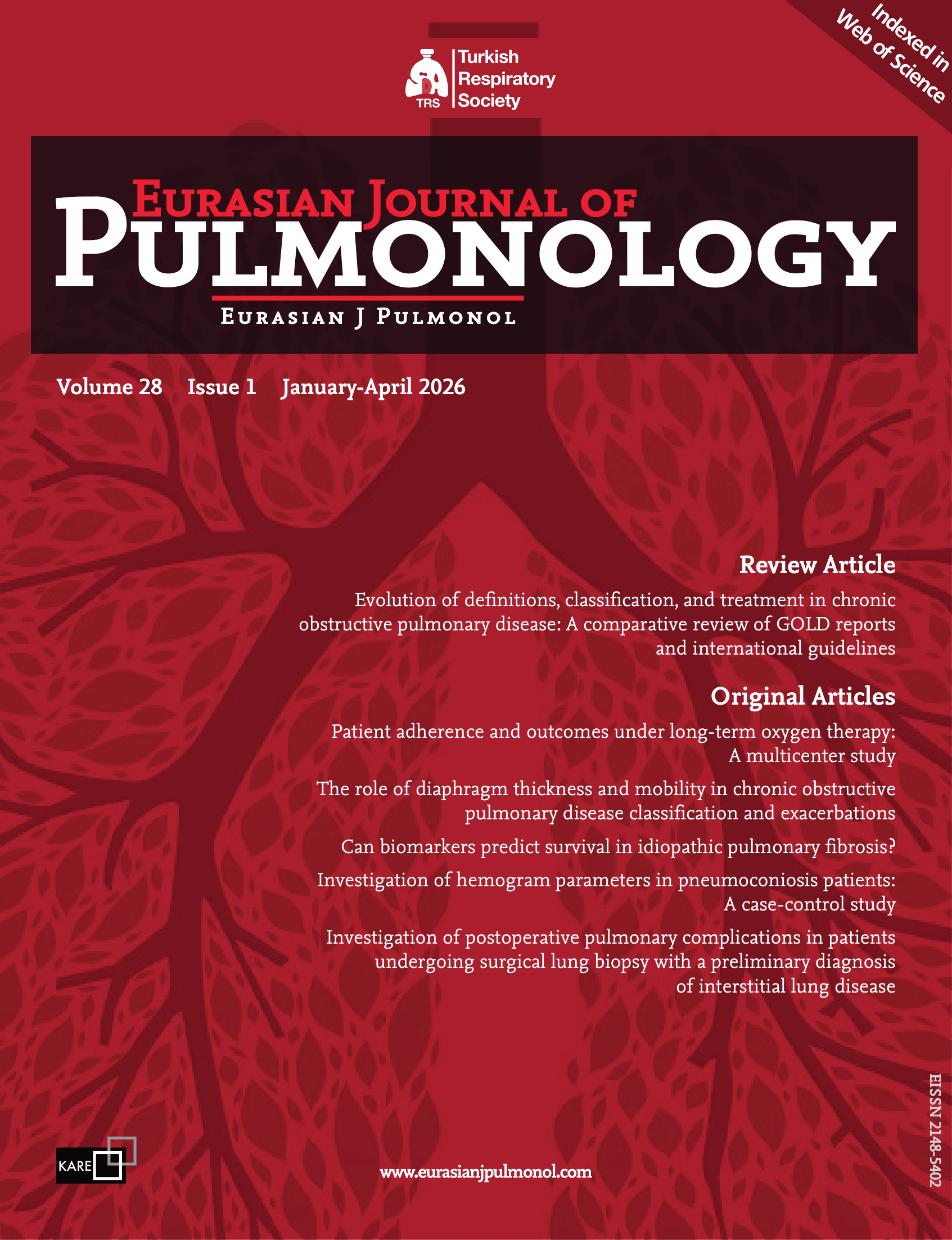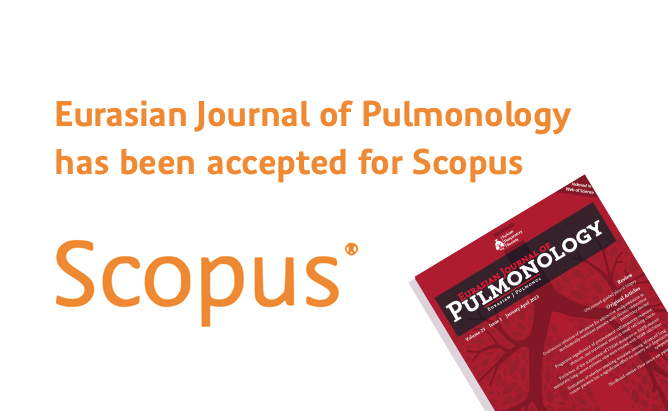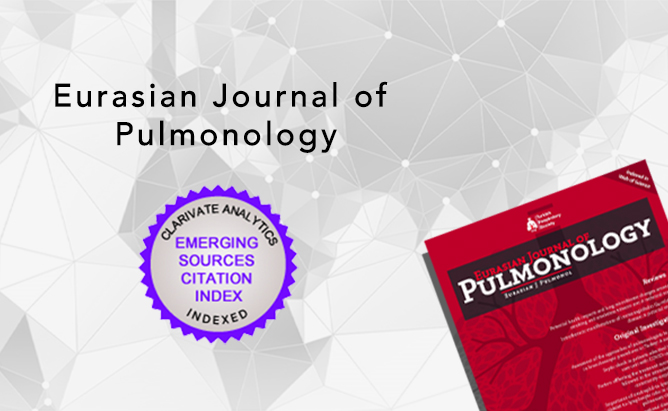2Deparment of Physiotherapy and Rehabilitation, Istanbul University-Cerrahpaşa, Institute of Graduate Education, İstanbul, Türkiye; Department of Physiotherapy and Rehabilitation, Bahçeşehir University, Faculty of Health Sciences, İstanbul, Türkiye
3Department of Physiotherapy and Rehabilitation, Istanbul Atlas University, Faculty of Health Sciences, Istanbul, Türkiye
Abstract
BACKGROUND AND AIM: Transcutaneous auricular vagus nerve stimulation (taVNS) has gained popularity recently and has been used to enhance recovery in various diseases, showing beneficial physiological and neurological effects. This study aimed to evaluate the efficacy of taVNS in post-exercise recovery for individuals experiencing Post-COVID Syndrome (PCS).
METHODS: Individuals aged 18-45 years with PCS were assigned to either taVNS group (n=22 patients) or placebo VNS group (n=22 patients) and engaged in an aerobic exercise regimen. This included a 5-minute treadmill warm-up, followed by 15 minutes of brisk walking and 15 minutes of jogging. Evaluations were conducted before and after the exercise using the H10 Polar autonomic device and a lactate meter. Participants in Group 1 received real taVNS, while those in Group 2 received placebo VNS, with a subsequent third evaluation.
RESULTS: There were statistically significant differences in the post-exercise evaluation parameters between taVNS and placebo VNS groups. . Parasympathetic nervous system (PNS) activity (p=0.009) and blood lactate levels (p=0.006) increased significantly in both groups, while the Root Mean Square of the Successive Differences (RMSSD) index (p=0.028) decreased. Both sympathetic nervous system (SNS) activity (p=0.01) and blood pressure (p=0.01) decreased similarly across the groups.
CONCLUSIONS: The study found that taVNS increased cardiac vagal control but did not significantly affect blood lactate levels or blood pressure. Further randomized controlled trials are required to investigate the effects of taVNS on recovery in different treatment groups.




 Hazal Genç1
Hazal Genç1 




